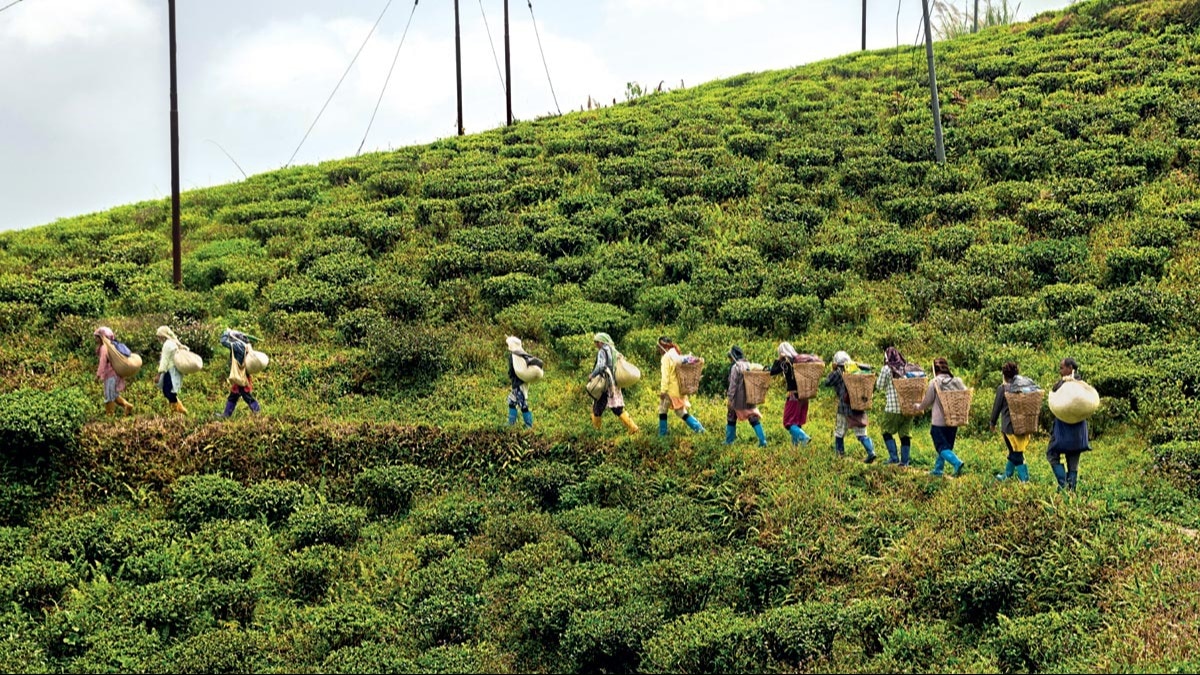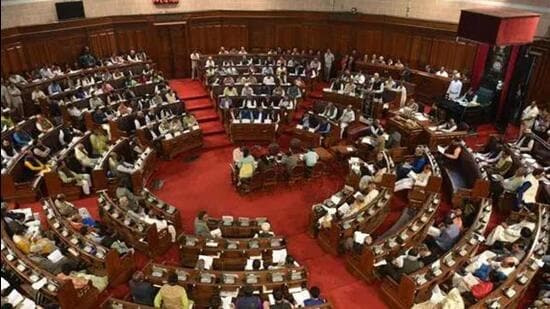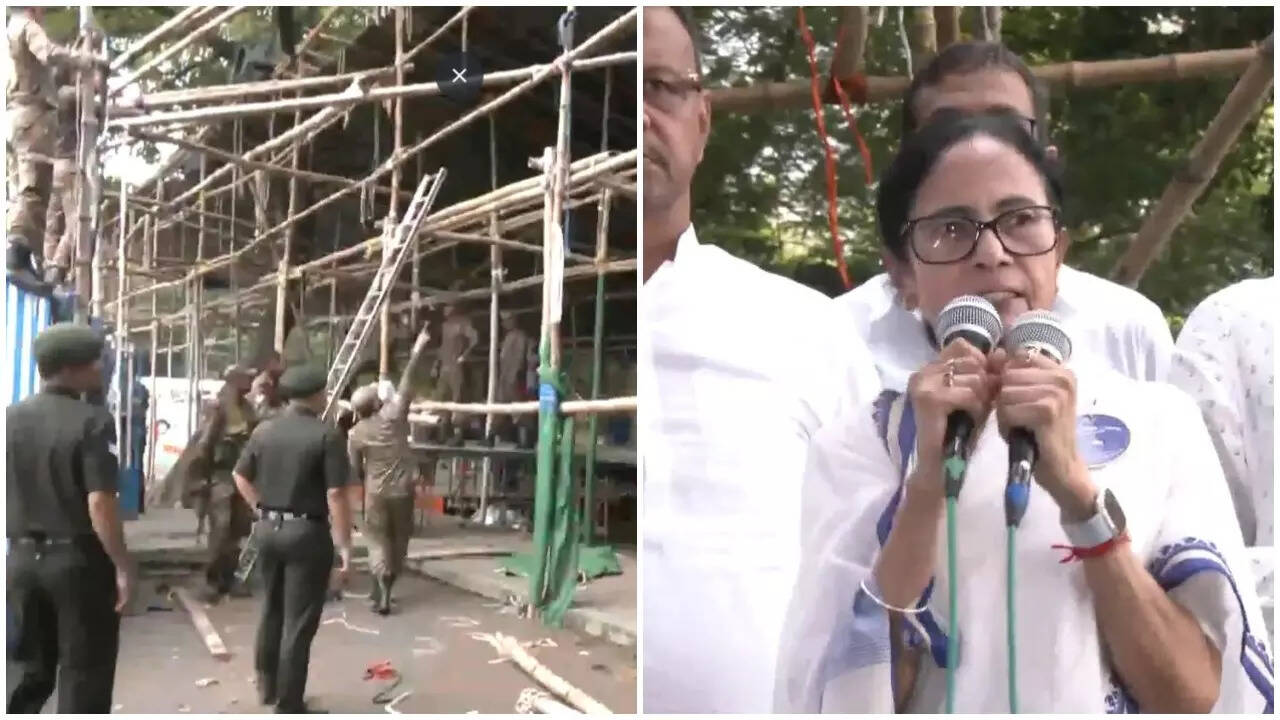SNS, Sikuri, September 2025: A grim reality is unfolding in Assam and West Bengal’s tea industry as plummeting auction prices, weak demand, rising imports, and mounting export challenges threaten the sustainability of one of India’s oldest sectors. The Indian Tea Association (ITA) has urgently called for government intervention, stressing that without corrective measures, the future of the industry — and the livelihood of millions dependent on it — faces grave risks.
According to ITA Secretary General Arijit Raha: “The tea industry in Assam and West Bengal is in distress. We are calling for urgent government intervention on four key fronts — addressing price volatility, strengthening pest management in the face of climate change, tackling import concerns, and supporting India’s export potential.”
Auction trends have painted a worrying picture. North India’s three major centers — Kolkata, Guwahati, and Siliguri — have seen steep price falls between mid-July and mid-August. Data from the Tea Board reveals that North Indian average auction prices dropped by Rs 14.52 (5.94 percent) between April and July 2025 compared to last year, and the decline deepened in subsequent sales. In some cases, prices fell by as much as Rs 32 to Rs 74 per kg.
The supply glut is another major concern. With tea production up by 27 percent in West Bengal and 9.66 percent in Assam during January-June 2025 compared to last year, offerings at auctions have surged. Yet, much of this tea remains unsold — 36 percent at Guwahati and 26 percent at Kolkata, compared to 23 percent and 18 percent respectively in the previous season.
“When supply outpaces demand, prices collapse. This is financially crippling for producers,” Raha said. To protect producers, ITA has renewed its demand for a Minimum Sustainable Price (MSP) for made tea. Such a mechanism, Raha argued, would ensure cost coverage with reasonable margins and also act as a minimum import price to safeguard against cheap imports.
Adding to the crisis are adverse weather patterns and pest infestations, which have particularly hurt large tea estates. “Climate change is real, and its impact on tea is already visible,” Raha warned. ITA has sought expedited approvals for pesticides such as Acetamiprid and Imidacloprid and the finalization of pending FSSAI notifications for new Maximum Residue Limits (MRLs). “Producers need access to a larger basket of safe and approved crop-protection solutions,” he said.
Compounding domestic price stress is the surge of cheap imports. Between January and June 2025, imports rose by 57 percent to 196.1 million kg, with Kenya being a major source. ITA has demanded stricter regulations, including pre-import conditions such as advance authorization and a minimum import price. “Unrestricted inflows of low-cost teas are depressing our domestic market further. A level playing field is essential,” Raha said.
On the export front, India’s performance has been mixed. North India has seen growth — exports rose 8.74 percent in volume and 22.33 percent in value between January and May 2025 — but South India faced a 15.92 percent drop in volume. While overall export value rose by 15 percent, concerns are mounting over the recent 50 percent US tariff on Indian goods, which threatens India’s shipments to one of its key markets.
ITA sees opportunity, however: “Indian teas, especially Assam and Darjeeling, enjoy strong global demand. Consumers in the US may be willing to absorb a higher price point,” Raha said. ITA has urged the government to revise the RoWIEP reward rate for bulk tea from 1.5 percent to 6 percent, reinstate subsidies for orthodox tea production, and consider a dedicated freight corridor to cut inland transport costs.
Raha noted that the Parliamentary Standing Committee on Commerce (194th Report) has endorsed several ITA submissions. These include curbing low-quality imports, reviewing trade agreements such as the Indo-Nepal treaty, and ensuring export incentives are on par with competing countries like Sri Lanka and Indonesia. The Committee has also recommended that the Tea Board conduct an impartial survey of the industry’s condition.
Concluding on a serious note, Raha said: “The persistent decline in prices, pest challenges, and import pressures pose an existential threat. ITA’s submissions, particularly the implementation of a Minimum Sustainable Price, are critical to safeguard the industry, foster fair competition, and ensure long-term sustainability.”
The call now rests with policymakers — whether they will step in to protect one of India’s most iconic industries and the millions of workers it sustains.









